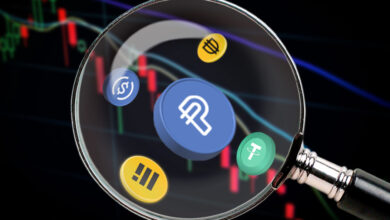Blockchain technology Usages on the Rise

Cryptocurrencies are becoming more practical to use by their holders. An illustrative example would be the co-living company The Collective’s decision to enable their residents to pay their deposits in Bitcoin, and to allow rent payments in the same way by the end of 2017.
The ability of blockchain technology to provide secure and accountable data management pushed its utilization in different areas. For example, Maersk, the Danish shipping agent, and IBM collaborated this year to use blockchain technology in order to enhance the efficiency of container tracking, as they move globally.
Power Ledger, the green energy startup, are using Echochain, a greener form of blockchain, to enable individuals with renewable energy installed on their properties to sell it to other users, at a convenient rate.
Furthermore, the integration of blockchain into the healthcare sector presented potential, as numerous projects utilizing this technology emerged. For instance, Alphabet’s AI division DeepMind announced earlier this year, the launch of a blockchain like ledger for managing healthcare data, which aims to automatically record every interaction with patient data in a secure manner.
The U.K.’s Chief Scientific Advisor, Sir Mark Walport, brought up the potential of blockchain in healthcare, when he stated: “In the NHS, the technology offers the potential to improve health care by improving and authenticating the delivery of services and by sharing records securely, according to exact rules.”
In addition, Philips Healthcare launched a new laboratory to test out blockchain in a controlled setting. The expectations of the laboratory would be to provide the company with a technological, strategic and legal framework for the use of blockchain.





